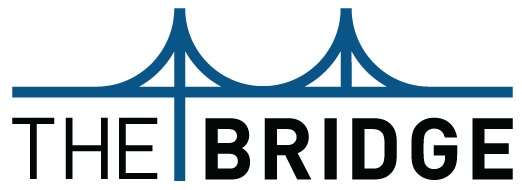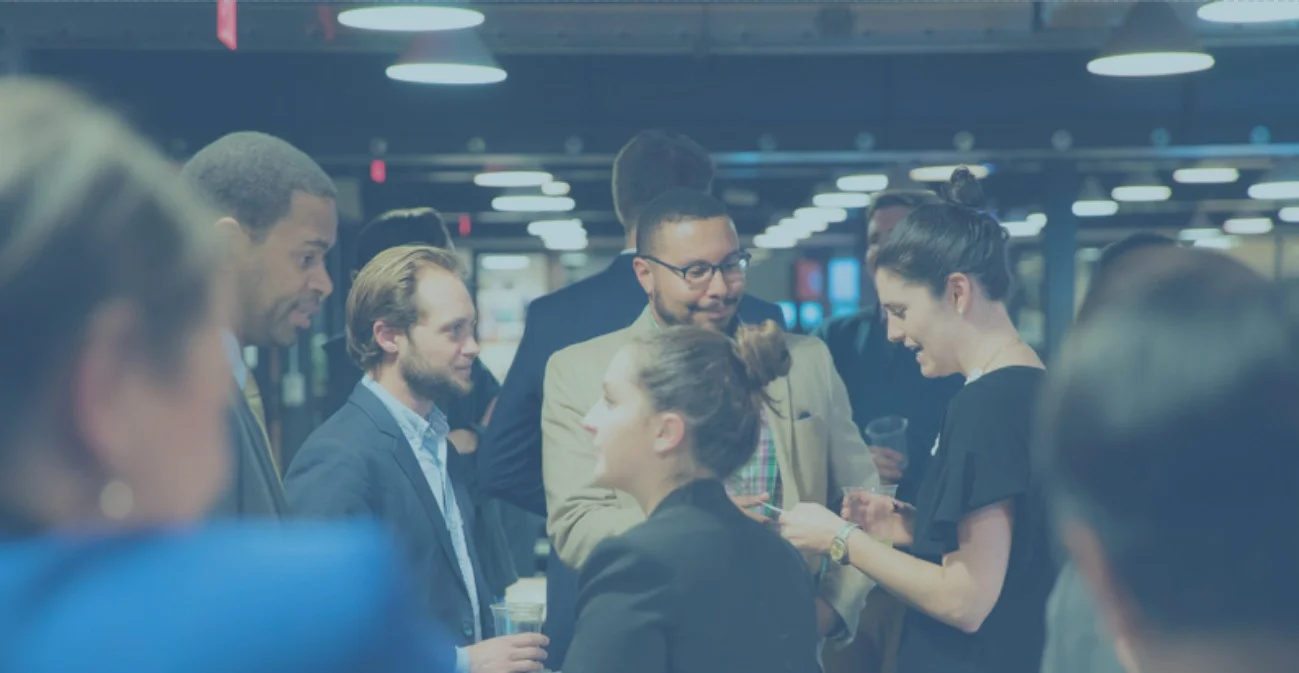TheBridge profile: Brandie Nonnecke
Name: Brandie Nonnecke
Current city: Berkeley, CA
Current job: Director, CITRIS Policy Lab, UC Berkeley
Q. Favorite spot for a coffee meeting? Yali’s Cafe in Sutardja Dai Hall (CITRIS headquarters) on the UC Berkeley campus. They have the best lattes (and cronuts!) and a great atmosphere.
Q. Describe how a skill you learned in a previous job helped you in your current job. I have a design degree and taught graphic design for a bit of time. Knowing how to build my own websites and design my own handouts, white papers, etc. has been invaluable! I take a lot of care to make sure my slide decks are well designed. My colleagues even ask me to zhuzh up their decks!
Q. Job advice in three words? Prioritize what matters.
Q. How are you (or your company, org, nonprofit) currently bridging the gap between innovation and regulation? For nearly 20 years, CITRIS and the Banatao Institute (CITRIS) have brought together leading researchers at UC Berkeley, UC Davis, UC Merced, and UC Santa Cruz to advance information technology development and application for the public good. Launched in 2018, the CITRIS Policy Lab furthers this goal by supporting interdisciplinary research, education, and thought leadership that address core questions regarding the role of formal and informal regulation in promoting innovation and amplifying its positive effects on society. We love meeting with elected leaders, the private sector, and the public to teach them about emerging technologies and appropriate strategies to mitigate harm and maximize societal benefits.
Check out our latest research and publications at citrispolicylab.org!
Q. What can innovators learn from policymakers? Inclusivity.
Just as policymakers have a responsibility to minimize societal harm from the policies they develop, innovators have a responsibility to minimize societal harm from the technologies they develop. Policymaking is a lot of coalition building and balancing the needs and priorities of constituents. It’s important that innovators take time to seriously consider all who will be affected by their innovations. This means building in a robust process for gathering and incorporating feedback into the design and deployment of their innovations.
Q. What can policymakers learn from innovators?: Creativity & Iteration.
It’s time we get more creative in developing policy — use crowdsourcing to gather ideas from constituents (cafesystem.org) or use concepts from test-driven software development to develop more robust policy (aspentechpolicyhub.org/project/test-driven-development). Especially in the realm of tech policy, developing policy incrementally allows policymakers to harness one of the most valuable tools innovators employ: iteration. By developing incrementally, policymakers can test and course correct.
Q. Why are you part of TheBridge community? Why do you think it's important this community exists for tech, policy and political professionals?
With increased awareness of the human rights risks technologies pose, it’s become apparent that there is a critical need to connect technologists and policymakers. TheBridge is performing a critical role in connecting these stakeholders and providing a neutral platform for them to learn from each other. I’m excited and honored to be involved!
Q. Favorite book/podcast/long-form article you recommend? I often re-read John Perry Barlow’s Declaration of the Independence of Cyberspace. It’s such a beautiful, poetic statement on the role the internet plays in society.
Q. Every day is probably different, but can you describe a "day in the life" of your job? My day is split between meetings with collaborators and students on research projects, writing, applying for grants, and reviewing draft CA and federal tech legislation. When we’re not under shelter-in-place orders, I meet with elected leaders and their staffers to discuss emerging tech issues.
Q. Looking back, what advice would you give yourself in the beginning of your career? Don’t underestimate your value.
Q. What's one piece of advice you are still trying to master? Prioritize what matters. It can get so easy to get caught up in completing the easy-to-tackle tasks in our jobs that we forget to prioritize our time for what matters, which are often the harder-to-complete “big picture” projects. I’ve started blocking out time on my calendar when I only allow myself to work on harder-to-complete impactful projects, no emailing, easy tasks, or Twitter browsing ;) allowed during this time.
Q. Which Member of Congress/local lawmaker is most tech savvy? Congressman Mark DeSaulnier (D-CA) is incredibly well read on emerging tech issues. Every time I meet with him I come away proud that he represents the State of California in Congress. We’re in good hands.
Q. Living person you admire? Ruth Bader Ginsburg. Her incredible work ethic, keen intellect, and dedication to gender equality are awe inspiring. I love listening to her lines of questioning in Supreme Court cases on oyez.org.
We include leaders spotlights in out bi-weekly updates sent to the community. Sign up to stay up to date with events, people, jobs, info in tech, policy and politics:


